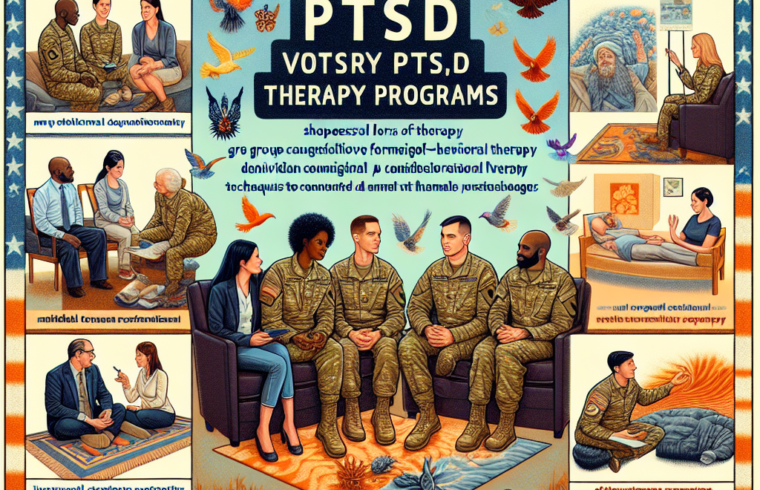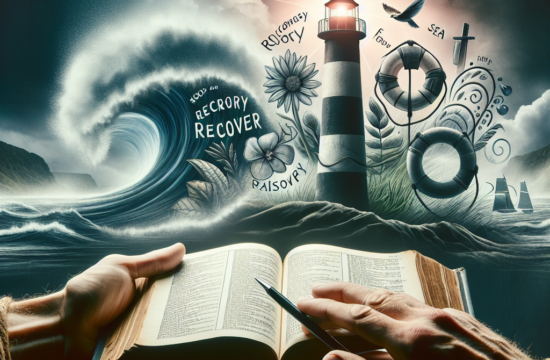==> Thank you for reading this post! Click Here If you are looking for support and Victory over PTSD.
Understanding PTSD
What is PTSD?
PTSD, or Post-Traumatic Stress Disorder, happens when someone experiences a traumatic event. It’s not just about being “shocked” — it’s like getting stuck in that dreadful moment. Trust me, I’ve seen friends come back trying to adjust to life after a war, and it’s like their minds just can’t move on.
The symptoms can be pretty intense: flashbacks, nightmares, anxiety, and sometimes depression. It’s not like one day everything’s fine and the next it’s not. It builds up, and before you know it, everyday life starts feeling overwhelming. Understanding this is step one in identifying the need for help.
Many veterans experience this in silence, feeling like they’re the only ones dealing with it. I can tell you, they’re not alone. It’s crucial to break the stigma and talk about it. Clearing up misconceptions about PTSD is a key part of the healing journey.
Therapy Programs Tailored for Veterans
Who Are These Programs For?
Not every therapy program is designed with veterans in mind. The good ones take into account the unique experiences and challenges that come with military service. These programs aren’t just one-size-fits-all; they customize treatments to really dig into what veterans need.
Having a shared experience makes a huge difference. When you’re surrounded by fellow veterans, there’s a level of understanding that can’t be replicated. It’s like being in a safe space where everyone gets it — no judgment, just support.
Programs like these prioritize group therapy as a key component. Hearing others’ stories can be deeply cathartic, almost like a weight is lifted. Not feeling like a lone soldier gives veterans the strength to face their battles head-on.
Types of Effective Therapies
Cognitive Behavioral Therapy (CBT)
CBT has been around for a while, and it’s one of the gold standards in treating PTSD. Basically, it teaches individuals to recognize negative thought patterns and replace them with healthier ones. As someone who’s seen the difference it makes, I can personally vouch for its effectiveness.
In my experience, CBT helps veterans to understand their triggers. Once they know their triggers, they can better manage their reactions. It’s empowering to be able to say, “Hey, I can control how I respond to this!”
Building coping strategies is key. One of the most profound things I learned was that it’s okay to acknowledge painful memories but not let them control the narrative of your life. CBT can guide veterans in this journey of self-discovery and resilience.
Holistic Approaches
Meditation and Mindfulness
I can’t stress enough how beneficial mindfulness and meditation can be for veterans dealing with PTSD. These techniques help to ground individuals in the present moment, releasing the hold that past traumas have on their minds.
Get Support and Help with Recovery! Visit us for more Information and Support
Through my own practice, I’ve found meditation can really clear the clutter in one’s mind, giving space for healing. Even just taking a few minutes a day to breathe and focus can bring peace. It’s like hitting the refresh button for your brain.
Workshops that integrate these techniques into therapy have gained traction. They often lead to better stress management, helping veterans feel more in control. It’s amazing how a simple act like breathing can change the game!
Peer Support Networks
The Importance of Community
Community plays a pivotal role in healing from PTSD. Programs that foster peer support can be transformational. It’s about building connections with others who have faced similar struggles. Sharing stories and strategies creates a sense of belonging that’s powerful.
In my journey, I’ve found that sometimes, just knowing someone else is fighting the same fight makes all the difference. It helps in reminding veterans they’re not alone in this. Friends or buddies from the service can become a lifeline in these moments of despair.
Veterans’ organizations often sponsor meet-ups, workshops, or retreats that help in establishing this support. These gatherings can break down isolation, providing a platform for hope and encouragement. The strength found in community can’t be underestimated!
Frequently Asked Questions
1. What are the signs of PTSD in veterans?
Signs of PTSD can include flashbacks, nightmares, severe anxiety, and uncontrollable thoughts about the traumatic event. Emotional numbness or difficulty connecting with others is also common.
2. How can therapy help veterans with PTSD?
Therapy offers a safe space to work through traumatic experiences, develop coping strategies, and understand emotional reactions. It empowers veterans to regain control over their lives.
3. What types of therapy are most effective for veterans?
Cognitive Behavioral Therapy (CBT), group therapy, and holistic approaches like mindfulness and meditation are often the most effective. These therapies can address unique challenges veterans face.
4. Are peer support networks helpful for veterans?
Absolutely! Peer support networks provide camaraderie and understanding, making it easier for veterans to share their struggles and healing journeys with those who truly understand.
5. Where can veterans find PTSD therapy programs?
Veterans can find PTSD therapy programs through VA facilities, community mental health organizations, and non-profits focused on veteran support. It’s important to seek out programs specifically designed for veterans.













